Office of Justice Programs (OJP)
Mississippi Department of Public Safety – Division of Public Safety Planning
The Office of Justice Programs (OJP) serves as Mississippi’s criminal justice planning and grant administration office. As a division of the Department of Public Safety, OJP manages more than $107 million annually in federal and state grant funding to support public safety initiatives across the state.
What We Do
OJP is responsible for:
-
Administering federal grants from the U.S. Department of Justice, Office of Justice Programs.
-
Managing various state-appropriated grant programs.
-
Conducting justice-related planning and grant workshops.
-
Providing technical assistance to communities and law enforcement agencies across Mississippi.
Grant Programs
Justice Assistance Grant (JAG)
Edward Byrne Memorial Program
The JAG Program combines the former Byrne and Local Law Enforcement Block Grant (LLEBG) programs, providing flexible funding to address crime based on local priorities. Eligible use areas include:
-
Law enforcement operations
-
Prosecution and court programs
-
Crime prevention and education
-
Drug treatment and rehabilitation
-
Criminal justice technology and planning
Grant Examples:
-
Multi-Jurisdictional Drug Task Forces
-
Victim/Witness Assistance Programs
-
Local Law Enforcement Grants
-
Certified Investigator Training Programs
Juvenile Justice Programs
OJP is the designated state agency for federal juvenile justice funds under the Juvenile Justice and Delinquency Prevention Act (JJDPA) of 2002, administering:
-
Title II Formula Grants – Alternatives to detention, system improvement, and prevention efforts
-
Title V Prevention Programs – Community-based delinquency prevention
-
Juvenile Accountability Block Grant (JABG)
-
Enforcement of Underage Drinking Laws (EUDL)
Focus Areas:
-
Disproportionate Minority Contact (DMC): Addressing overrepresentation of minority youth at all system decision points.
-
Compliance Monitoring: Ensuring adherence to the JJDPA’s four core protections:
-
Deinstitutionalization of Status Offenders (DSO)
-
Separation of juveniles from adults in institutions
-
Jail removal
-
Disproportionate Minority Contact (monitored separately)
-
Click to view the 2024–2027 Title II 3-Year Plan
How to Apply
Each grant program opens for applications during specific periods. To apply:
-
Monitor Requests for Proposals (RFPs) issued by OJP.
-
Follow application guidelines provided per program area.
-
For automatic notification, contact the relevant program manager to join the mailing list.
-
Local Law Enforcement Block Grant kits are sent directly to the chief executive of eligible jurisdictions.
